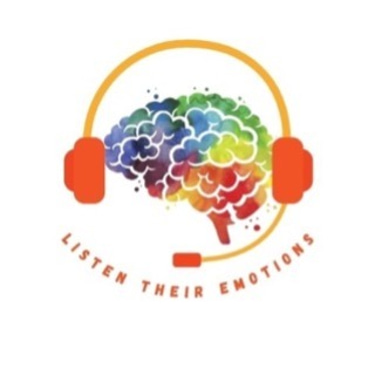About Us
According to the report "Mental health data in Europe: policies and practice" published in 2021 by the Ministry of Health and Consumer Affairs, mental health is the most neglected area of public health. In recent years there has been a significant increase in the consideration of mental health policy both in Europe and in the rest of the world. The World Health Report 2001 was entirely dedicated to mental health. In its list of priorities, the World Bank has emphasized improving mental health as part of its strategy to boost disadvantaged economies. The 52 Member States of the European region of the World Health Organization, as well as the European Union and the Council of Europe, approved in 2005 a Declaration and an Action Plan on mental health. The EU published in 2005 its Green Paper for the promotion of mental health and the fight against depression.
One of the essential pillars for maintaining adequate mental health is the ability to recognize and express emotions. People with intellectual disabilities are especially vulnerable in this regard due to their special condition, since according to a study (Social Services, Álava Provincial Council):
- They have a certain inability to adapt to high-intensity emotions, to the extent that they are confusing for them.
- They experience difficulties in perceiving, recognizing and understanding the emotions that others express through their facial expressions.
- They experience a certain inability to perceive their own emotions.
- They experience difficulties in expressing their emotions, which makes it difficult to detect them.
Over the last two decades, numerous efforts have been made to improve the quality of life of people with disabilities. In this effort, however, we have not paid the necessary attention to a fundamental aspect of people's lives: their emotional needs, which is even more evident in the case of people with intellectual disabilities. In our concern to make life more pleasant for people with disabilities, we sometimes forget some of their most basic needs: to be and feel validated, for which it is essential to encourage the perception, recognition and expression of their own feelings. To achieve this, the staff who care for them must have the knowledge and skills necessary to accompany and validate their emotions, which have certain common peculiarities.
In short, a consensus has been reached in stating that the group of people with disabilities, particularly those with communication difficulties, has been one of the most ignored and neglected, in terms of mental health and recognition of their emotions in terms of therapeutic research in this field. For all these reasons, we propose a series of activities that contribute to improving this situation.
Objectives
The main objective that the "Listen their emotions" project wants to achieve is to improve the training and skills of professionals who work with people with disabilities, so that they recognize, validate and accompany the emotions that their users feel, offering strategies and good practices. practices on emotional management and emotional intelligence. As numerous international organizations point out, the mental health of this group has traditionally remained forgotten.
Implementation
To achieve this objective, the consortium proposes the following four main activities:
1. Guide to good practices + educational resources.
2. Training course for disability professionals.
3. Online course on emotional management of people with disabilities.
4. Awareness campaign.
These activities will be accompanied by other secondary activities related to quality, evaluation, dissemination, accessibility and sustainability, as well as a TPM in Spain and three ME.
Results
The results we expect after the implementation of the project are fundamentally three:
1. Professionals in the field of disability who are better trained in management and emotional intelligence in their daily work.
2. People with disabilities who feel accompanied in their emotional processes, thus improving their mental well-being.
3. A more sensitized population in this regard, with the viewing of the documentary.
Partnership
The consortium is made up of the Hexagonale Association (France), METIS Spor Kulübü (Turkey) and the Dalhena Association (Spain). The three organisations worked together on the Erasmus+ project "Draw your emotions", on emotional management of people with disabilities, and are now meeting again to continue working on this topic from the point of view of professionals who work with people with disabilities.
